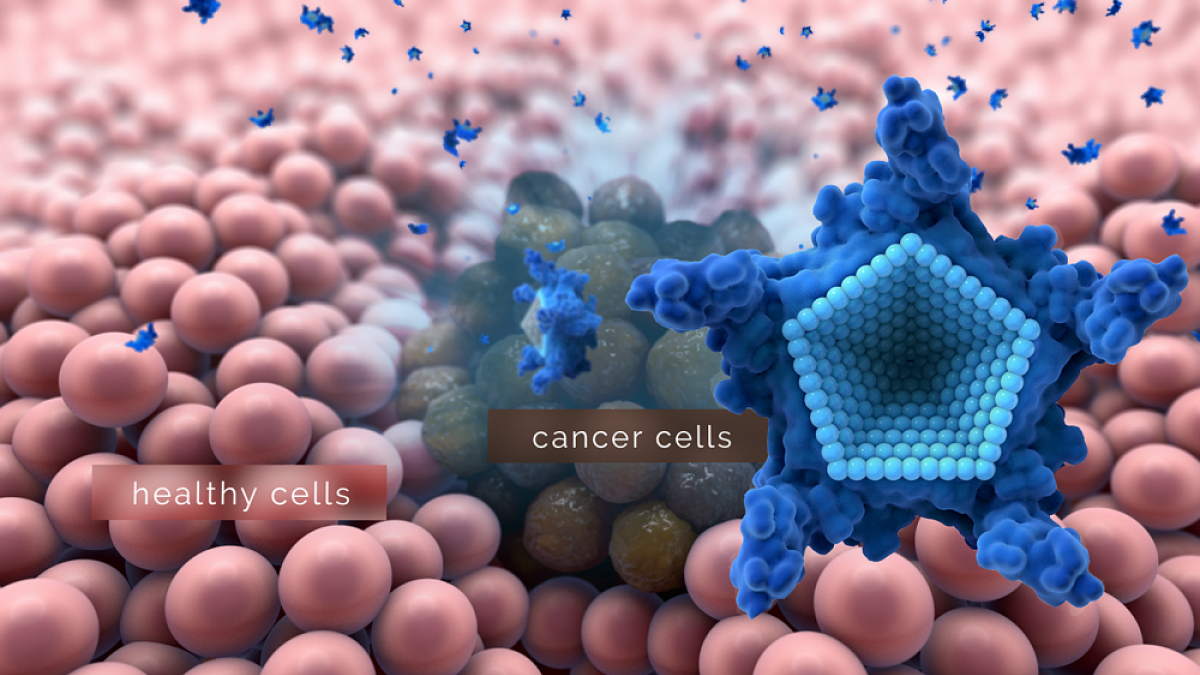Platinum is a key ingredient in cancer-fighting chemotherapy, but its toxic side-effects limit the dosages patients can endure.
University of Texas chemist Jonathan Sessler found a way to target cancer tumors directly by limiting harm to patients’ healthy cells. It’s a discovery that may improve survival rates for people fighting ovarian, lung and colon cancers.
Sessler will visit the University of Oregon on Jan. 9 to recount his scientific pursuit to find a cure for cancer. The talk, “Texas-Sized Metal-Based Drug Discovery Efforts,” will be at 4 p.m. in the Gerlinger Lounge.
Sessler has twice battled Hodgkin’s disease while continuing to study porphyrns, a molecular compound that transports nutrients and proteins in humans.
Porphyrins are so ubiquitous in nature they are called the “pigments of life.” They transport oxygen as red “hemes” in the bloodstream and convert light energy into nutrients for plants as green, chlorophyll-containing compounds.
Sessler manipulated the porphyrin compound’s carrying capacity and began experimenting with new payloads for it to transport. He called it “Texaphyrin,” as its five-sided molecular structure resembles the Lone Star of Texas.
With promising research for Texaphyrin’s cancer-fighting capabilities, Sessler formed a company to develop Imbruvica, a drug now used to fight blood cancers. The company sold for $21 billion.
When Sessler heard about other research efforts at the University of Texas M.D. Anderson Cancer Center to develop oxaliplatin, a platinum-based drug that triggers cell death within tumor DNA, he offered a Texaphyrin as a delivery device.
The researchers collaborated to form OxaliTEX, a chemical entity that targets and infiltrates the cancer tumor cells — thanks to Texaphyrin — and then delivers oxaliplatin to stimulate those cancer cells to implode.
Sessler and his partners recently sold their suite of anticancer drugs, called the TEXCore drug platform, to iQ Group Global, a consortium of bioscience companies, to further pursue clinical trials.
“The next step is creating OncoTex Inc., a new company, from the ground up,” Sessler said. “This company will be centered, at least initially, around OxaliTEX and the generalized concept of using Texaphyrins as drug delivery platforms. This is going to be both tremendously exciting and a tremendous amount of work. It is early days and the future is very much soft clay to be molded in our hands.”
Innovation Partnership Services is hosting the event and will provide food and beverages for guests.
Anyone interested in learning more about the event should contact Christine Gramer.
—By Adam Spencer, Innovation Partnership Services


